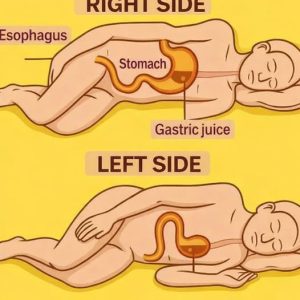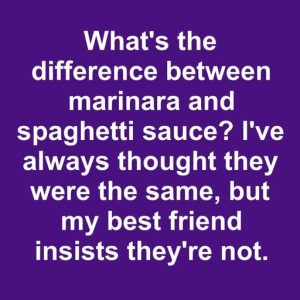Two Sundays ago, Silvia, uninvited but familiar, arrived at our home with pie and cheer that barely masked illness. During dinner, she handed her water bottle to my son, Noah, who drank from it before I could stop him. Though she insisted it was “just water,” I was furious. By Tuesday, Noah had a high fever, and my anger ignited—until Nick got a call. Silvia had collapsed. It wasn’t just the flu—she had lupus, a chronic condition she’d hidden from us for years.
My frustration gave way to shock and guilt. Why hadn’t she told us? Why had she come at all? Days later, Nick returned from the hospital with a message: Silvia wanted to speak to me—alone. I didn’t feel forgiving, but I agreed. In her hospital bed, fragile and remorseful, Silvia admitted she came to dinner seeking peace. She handed me a letter. She hadn’t meant to endanger Noah; she’d just wanted one normal evening.
That night, I read her seven-page letter. She confessed her jealousy, her fear of being replaced, and her lifelong habit of masking control as care. She’d been diagnosed with lupus before our wedding but never told anyone. She ended with a plea: that Noah know she loved him—and if possible, that I forgive her. I cried quietly, overwhelmed by the raw honesty.
The next morning, I brought Noah to visit her. Something shifted. We began visiting regularly. She opened up about real things: her losses, fears, and the daughter she once lost. Her pain explained her past—not excused it, but revealed it. Our relationship, once brittle, began to rebuild on truth.
Eventually, Silvia moved into assisted living. She chose to stop surviving and start living. Noah became her joy—weekly card games, whispered secrets, shared love.
Three years later, she passed peacefully. At her memorial, I read from her letter. Her neighbor said Silvia called me the daughter she never got to raise. She had hurt me—but she also healed something I didn’t know was broken. Forgiveness didn’t come fast, but it came full.





